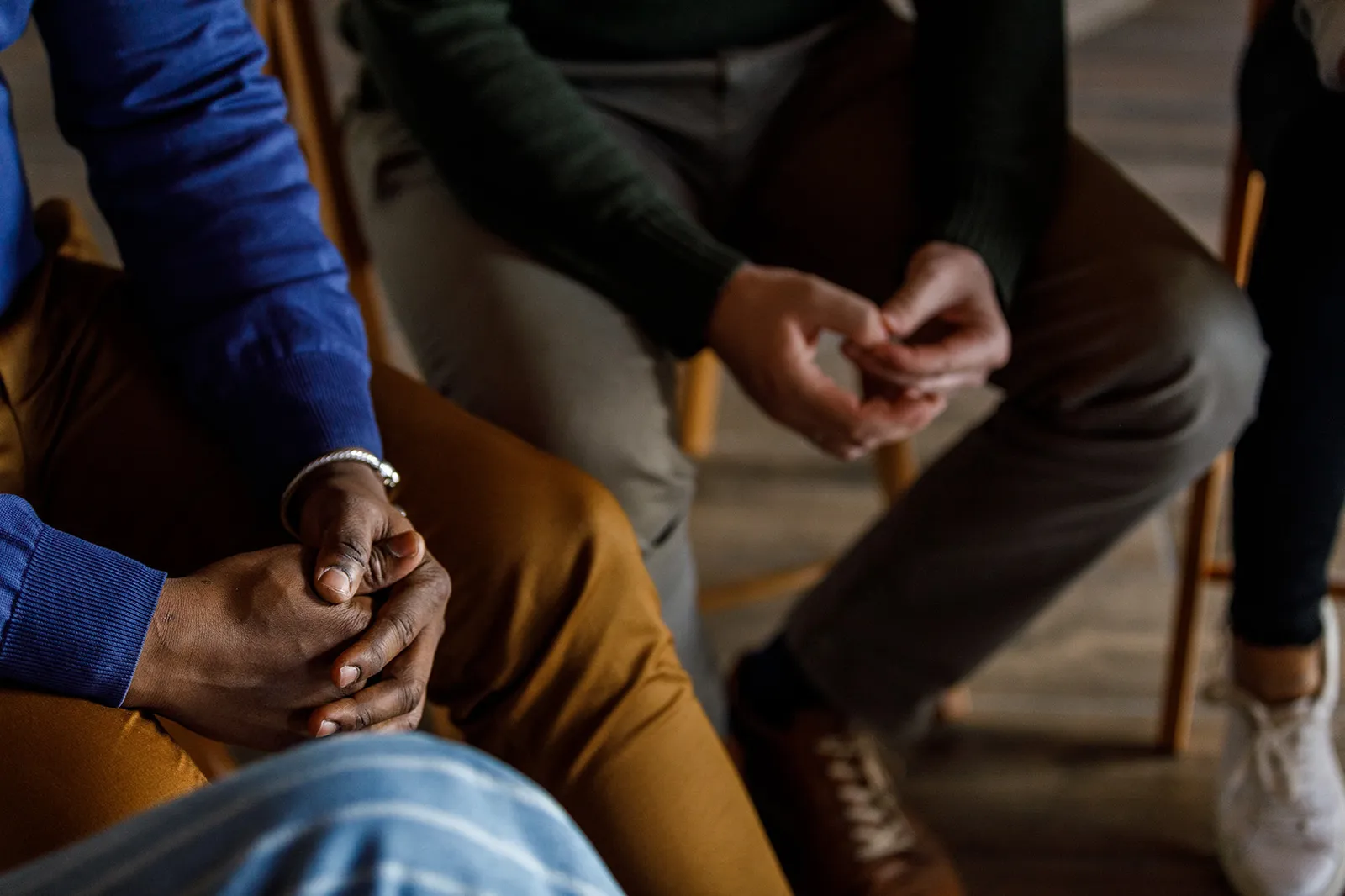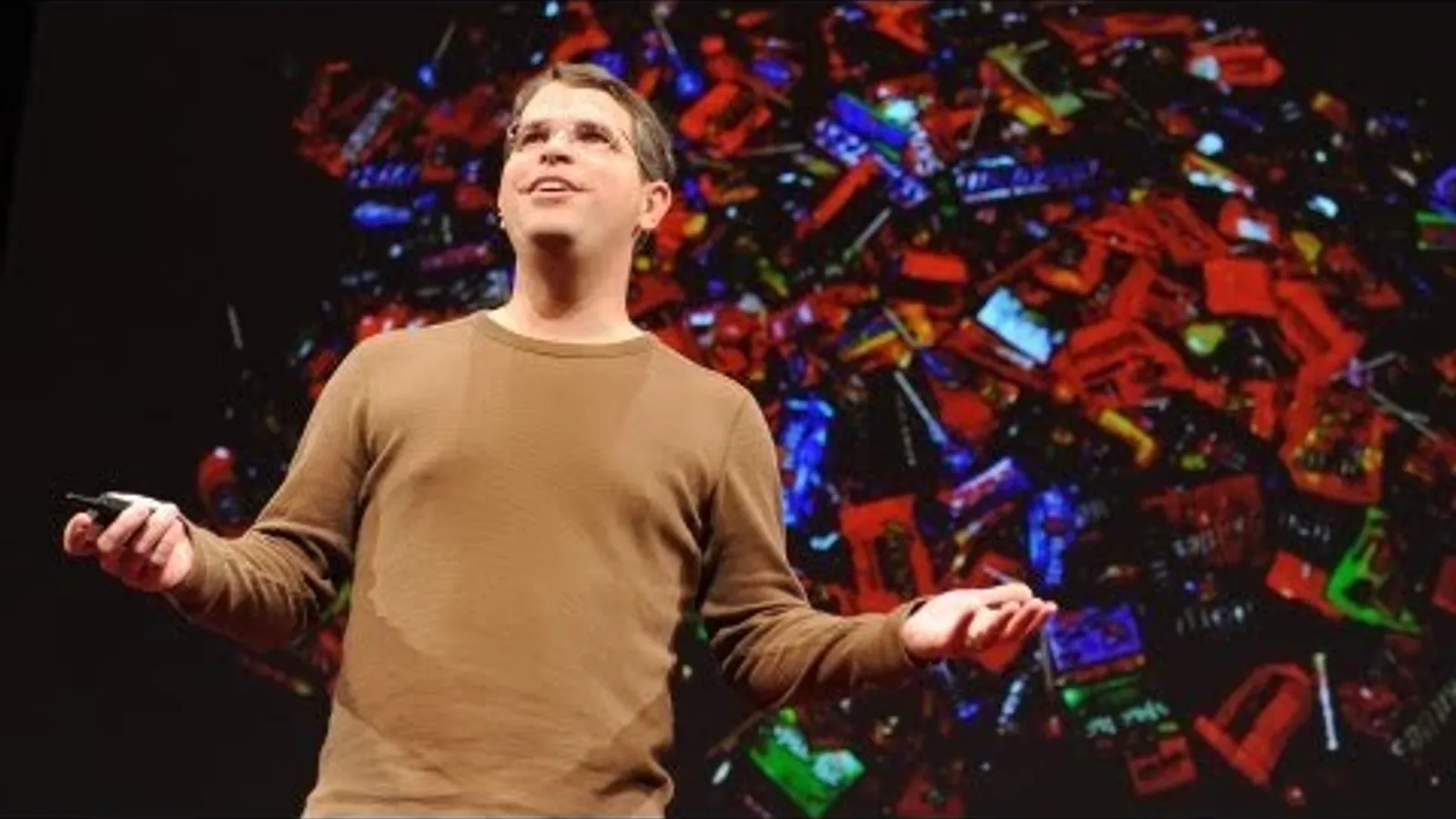Substance use

What is it?
Substance use—or consumption of addictive substances such as alcohol, tobacco and drugs—is pretty common. A recent survey found that nearly 50% of Americans over age 18 drank alcohol in the past month, and almost a quarter of Americans over age 18 reported binge-drinking within the past month.1
Because there is a part of our culture that normalizes drinking and other behaviors, many of us are introduced to substance use as a means of being social or even as a way to deal with stress. There are four reasons people begin using substances more regularly:
- To feel good: feeling of pleasure, “high” or "intoxication"
- To feel better: relieve stress, alleviate pain, forget problems or feel numb
- To do better: improve performance or thinking
- Curiosity and peer pressure or experimenting
Usually, what starts out as one drink after work can quickly turn into a drink every day. Then it can turn into two or three drinks all day, and then drinking all day. This is because substances like drugs and alcohol can be addictive, and due to our brain chemistry and genetics, it can be tricky to use them in moderation.
This is often how substance use can transform into substance misuse, which can have a lot of negative effects on your health, your relationships with people you love, and your overall quality of life. That being said, there’s a difference between use and addiction, and being aware of the effects on you and your mental health starts with monitoring your own use more closely.
What's causing it?
Using certain substances—whether it be drugs or alcohol—can affect the chemicals in your brain, particularly in the so-called reward systems. These systems developed evolutionarily to reinforce behaviors that we need to survive. For example, when we eat food a chemical in our brain called dopamine makes us feel pleasure and satisfaction. This tells us, if I eat more food, I’ll feel good again, and so, we will find ways to do it again.
When a person becomes addicted to a substance, it’s because that substance triggers a flood of dopamine. The amount of dopamine that gets triggered is often much higher for these types of substances (about 10 times higher) than what would be triggered by any “natural” substance.
Our brain remembers this pleasurable feeling, which becomes associated with using a substance and even situations in which we use the substance (the people we are with, the social environment). As a result, we will continue to seek out that feeling and find ways to feel it again by using the substance.
Over time, however, we build tolerance: We need more and more of the substance to create the same feeling. Seeking drugs is driven by habit and changes in our brains, not rational decisions.
Once someone starts using substances despite negative consequences, it becomes a Substance Use Disorder (SUD). These disorders might require anything from detox to medication to some form of therapeutic treatment.
Beyond escalating amounts and frequency, there are other signs to look out for in your substance use:
- Isolating yourself—including putting aside work and social gatherings—to use. Or, no longer waiting to use substances with others, and choosing to do it alone
- Using substances every day or even several times every day, including in the morning
- Craving substances when you do not have them
- Regularly overconsuming or binging substances in private and in social situations
- Not being able to stop or moderate substance use, despite the consequences
- Dealing with social problems such as failing to finish tasks at home, work or school, or giving up on other activities you enjoy
- Changes to sleep, focus or motivation
- Doing dangerous activities—such as driving a car or having unprotected sex—while under the influence
Addiction is an illness, and just like other illnesses, there are many ways to treat it. Staying aware of potential warning signs can often help you before it escalates. The first step, however, is identifying and admitting you might have an issue.
How should I deal with it?
One of the hardest steps to take when it comes to substance use is being honest with yourself about your use and when it may be getting out of control. It can take a lot of strength to recognize a struggle with misusing substances, and it starts by noticing changes in your use patterns, frequency and related behaviors.
You might notice you are having trouble concentrating or feeling motivated, or you’re fighting more with your loved ones. Take stock of the relationship between these symptoms and your use.
Once you know you have a problem or are concerned you’re headed that way, there are many ways you can attempt to get help and start to help yourself. These include:
- Changing your surroundings and environment so that you’re less tempted to use substances. Often use is triggered by our social lives. It’s important to recognize that and put up healthy boundaries for yourself. If your substance of choice is alcohol, for example, this may include finding friends who are sober, attending alcohol-free social events, or swapping out alcohol for juice or mocktails while at a bar.
- Creating a plan for curbing use. Decreasing use is often a gradual process and it can be hard for most people to “just stop.” It can help to set guidelines for yourself about when, how much, and what substance you can use.
- Look for alternative coping mechanisms. Substance use often increases to minimize big feelings or deal with stressful events. It’s important to recognize what triggers use and find alternate ways to deal with those situations.
- Seeking out therapy or a support group. Substance use can make you feel like you’re alone, especially if it’s affected your loved ones. Turning to someone else, especially a support group of your peers, can help in those circumstances. Most support groups are free to attend, and on top of helping to harness your inner strength, they can offer the chance to make new, great connections with people who are on a similar journey.
- Focus on what you can control. One of the tenets of support groups is serenity and inner strength. This can help you adjust your mindset to realize what’s in your control, what’s not, and how you should spend your energy on the things that are.
Of course, there’s not one “correct” approach to addressing substance use and misuse. The best approach is the one that works for you, so it’s worth trying a few different things until you find the right combination.
Things to try
-
Though making a specific ask when you're going through difficult times might feel strange, well-intentioned friends who say “Let me know if I can do anything” will be glad to have a clear idea of how to be helpful. If you aren’t sure where to start, consider: Practical support: errands, cooking, babysitting, etc.; Social/well-being activities: taking a walk, going to coffee or lunch, etc.; Emotional support: spending time together—to talk, or just spend time together.Explore More
-
Recognize when to get help
If you feel things getting worse instead of better, notice you've lost interest in people and things you used to enjoy, or have trouble doing everyday things like eating, getting dressed, and getting out of the house, you may be experiencing a more serious mental health issue and it’s important to seek out help from a therapist or psychiatrist who can help you find relief. It can be hard to recognize changes in symptoms, so consider tracking them in a journal or mood-tracking app. If you or a loved one is having thoughts of self-harm, talk to someone you trust or call or text 988 to get free and confidential support from the 988 Suicide & Crisis Lifeline. Learn about more crisis resourcesExplore More -
Volunteer
Aside from helping others, volunteering has amazing feel-good effects for you. You'll also experience elevated oxytocin levels and a dopamine release along with a sense of meaning that can help reduce stress and burnout. Volunteering is also a great way to build and strengthen social connections, which is increasingly important as social isolation is on the rise. In addition to making new connections when you volunteer, you might make existing connections even stronger when you volunteer with loved ones. (One study even shows that couples who volunteer together were more likely to stay together.)Explore More
What can I do now?
-
Online directory | Support groupFind Support Groups | Mental Health America
- Online directoryFindTreatment.gov
-
HelplineSAMSHA's National Helpline | Substance Abuse and Mental Health Services Administration (SAMSHA)
Citations
- NIAAA (National Institute on Alcohol Abuse and Alcoholism). Alcohol Use in the United States: Age Groups and Demographic Characteristics


